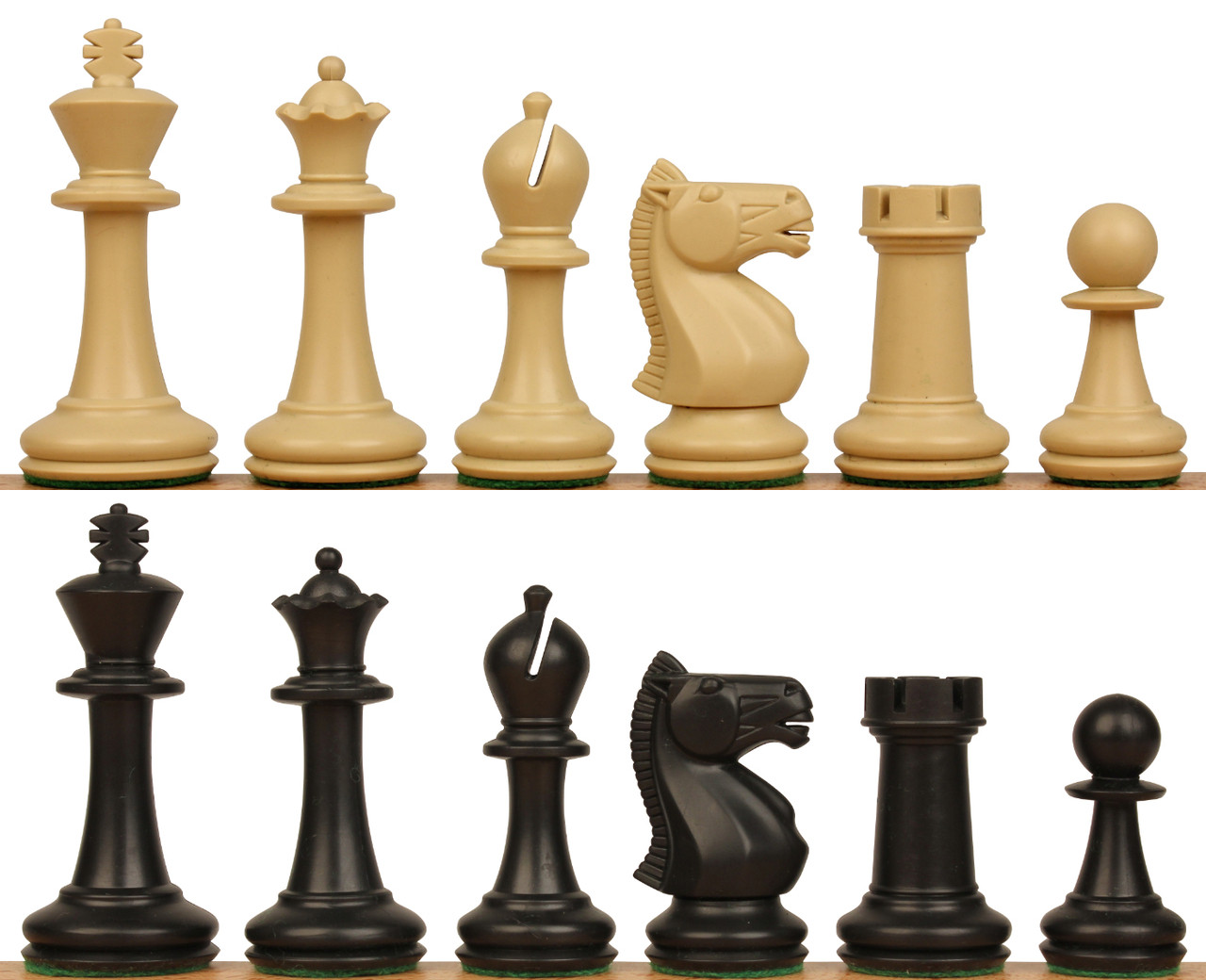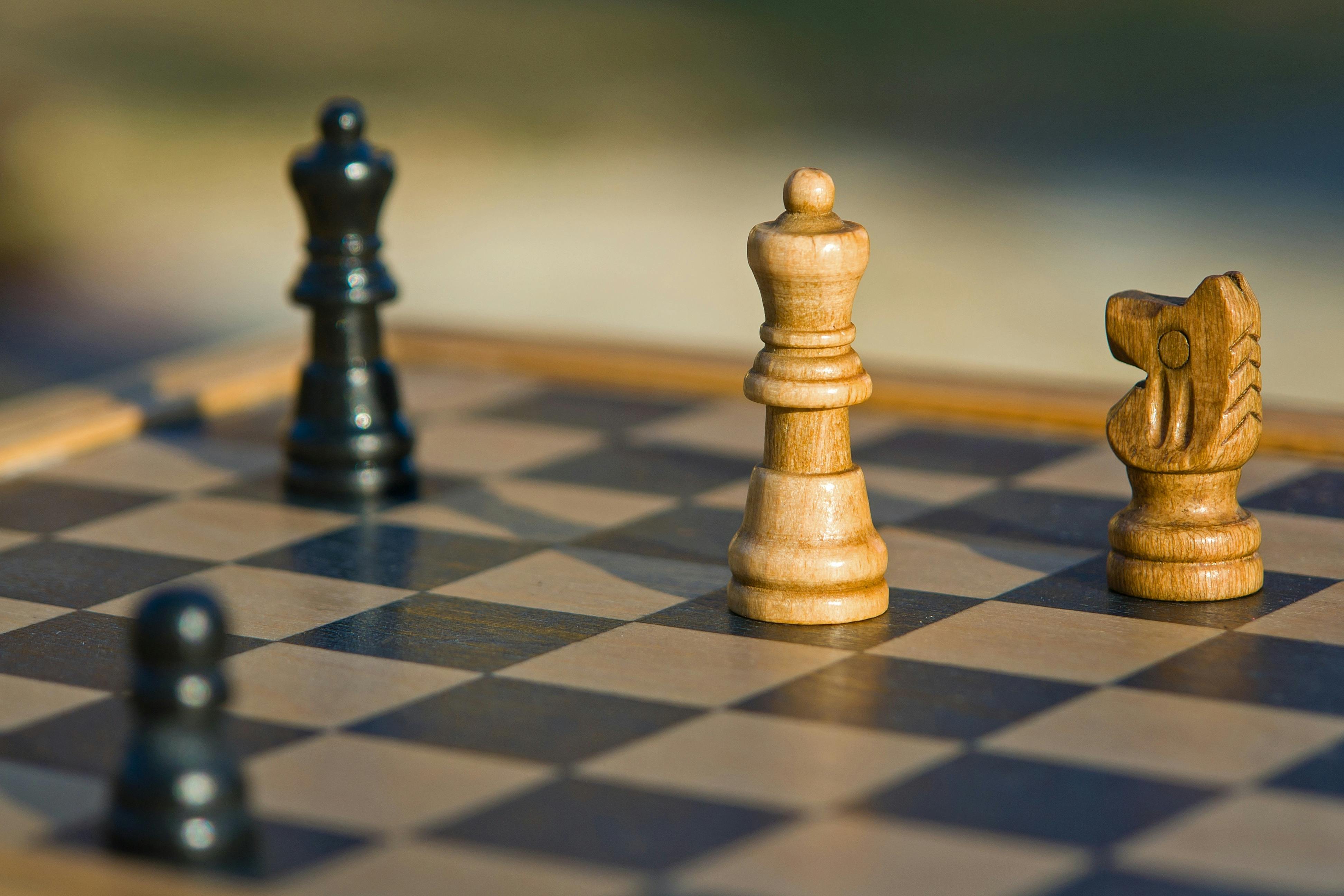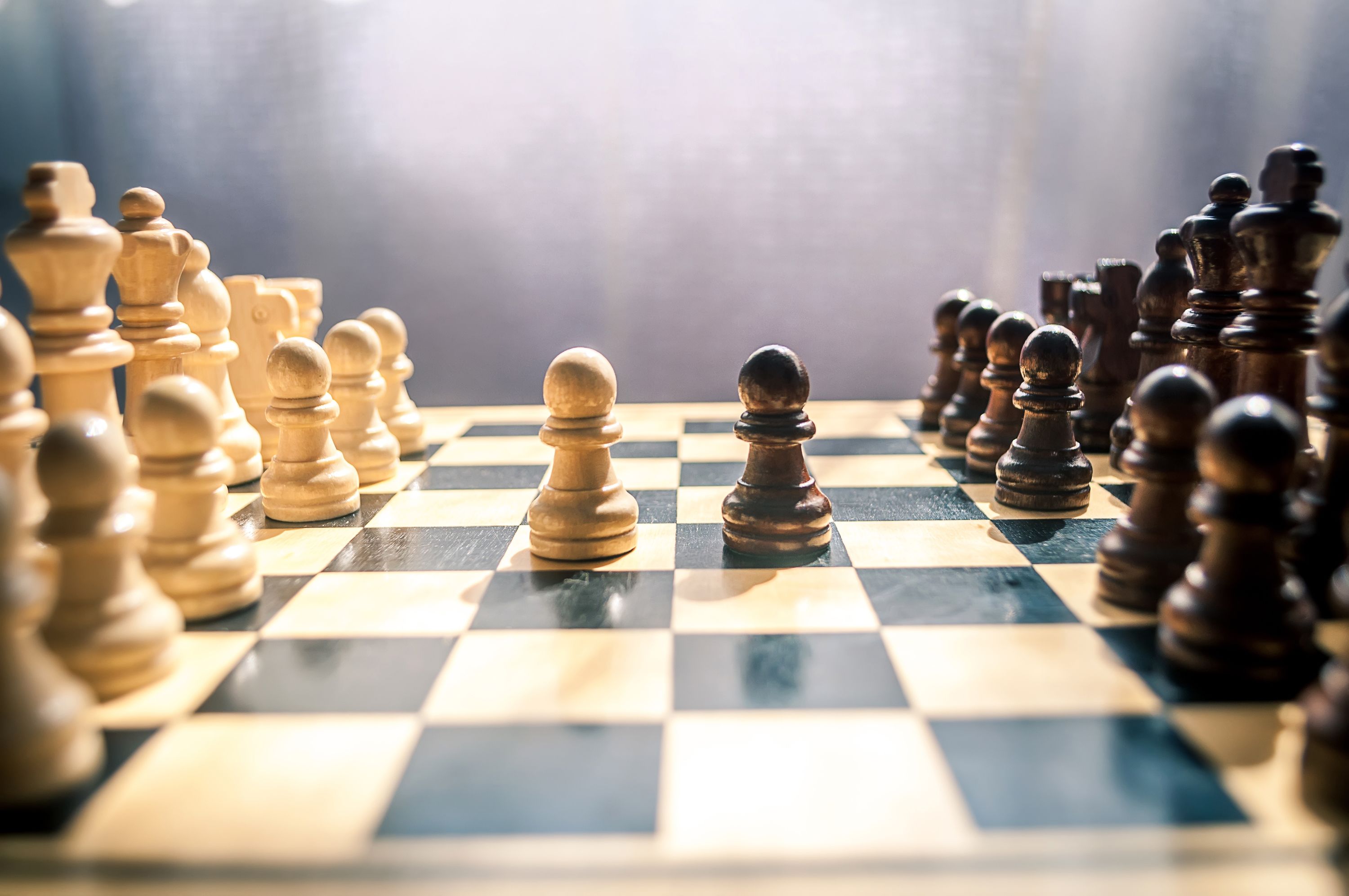Chess Opening Traps That Work Every Time
Wiki Article
Why You Need To Play Chess: The Advantages of Involving in This Timeless Pundit Obstacle
Chess is even more than an easy video game; it works as a strenuous psychological exercise that develops numerous cognitive abilities. Players participate in critical reasoning and develop problem-solving capabilities, which can have enduring advantages in everyday life. The self-control needed for renovation promotes persistence and resilience. Yet, truth essence of chess exists not just in its intellectual needs however in the links it fosters within an area. Checking out these dimensions exposes much concerning why chess stays timeless.Enhancing Cognitive Skills
Playing chess considerably improves cognitive abilities, making it a beneficial task for individuals of every ages. The game demands calculated thinking and insight, needing players to expect their challenger's steps while formulating a winning method. This mental workout develops focus and focus, important components of cognitive function.
In addition, chess encourages creativity, triggering players to explore innovative methods and non-traditional methods to the game. As they browse the chessboard, people create persistence and durability, necessary qualities for cognitive development. On the whole, the diverse cognitive advantages of chess make it an enriching pursuit, advertising long-lasting imagination and intellectual interaction.
Increasing Problem-Solving Abilities
Many researches have shown that participating in chess can substantially enhance problem-solving capacities. The game needs gamers to examine complex positions and expect the challenger's moves, cultivating essential thinking skills. As they browse numerous scenarios, chess gamers develop the capacity to evaluate multiple outcomes and make calculated decisions under pressure. This process boosts their capacity to strategy real-life troubles with an organized frame of mind.Chess promotes the identification of patterns and the application of sensible thinking, skills that are essential in effective analytical. Players learn to assess threats and incentives, fine-tuning their judgment in unpredictable scenarios. The repeated nature of chess play strengthens these skills, permitting people to move their enhanced analytic capacities to scholastic and professional contexts. Inevitably, chess acts as an important tool for anyone seeking to sharpen their analytical abilities and boost their general cognitive performance in difficult circumstances.
Cultivating Persistence and Technique
While involving in chess can be an exciting experience, it additionally calls for a significant degree of perseverance and technique. Gamers need to find out to meticulously consider each relocation, considering possible results and approaches. This thoughtful strategy promotes a mindset that values lasting success over immediate satisfaction. In chess, rash decisions commonly lead to undesirable consequences, strengthening the significance of taking one's time to examine the board and expect a challenger's responses.
Discipline is further cultivated with regular practice and study. Players commonly devote hours to boosting their skills, examining tactics, and reviewing past games. This commitment to mastering the game instills a feeling of responsibility and perseverance, necessary qualities that prolong beyond the chessboard. Ultimately, the mix of patience and technique not only boosts a gamer's chess capacities but also adds to individual development, equipping people with necessary devices for maneuvering obstacles in different elements of life.
Cultivating Creative Thinking and Creative Imagination

Strategizing moves includes not just reasoning yet also the capacity to prepare for an opponent's reactions, urging players to visualize multiple pathways and alternatives. As players trying out various strategies, they discover to innovate and adapt, boosting their imaginative problem-solving skills.
Furthermore, the video game's complexity invites players to explore unconventional ideas and strategies, leading to personal designs of play. This expedition supports a sense of creative expression, as each player crafts their very own strategy to difficulties on the board. Ultimately, chess ends up being a canvas for creativity, enabling individuals to reveal their unique point of views while developing their imaginative abilities
Building Social Connections and Community
Playing chess offers chances for people to network with competitions and neighborhood chess clubs. These atmospheres foster links amongst gamers, producing a sense of recreation center around a shared interest. Taking part in these tasks not just improves skills yet additionally builds lasting connections.Networking With Tournaments
When participants participate in chess tournaments, they frequently discover themselves involved in a dynamic neighborhood of like-minded individuals. These occasions offer an outstanding platform for gamers to build connections, share techniques, and commemorate their enthusiasm for the game. Taking part in friendly competitors fosters sociability, as gamers from diverse backgrounds come with each other to test each other. Networking chances are plentiful, with numerous individuals developing long-term relationships that extend beyond the chessboard. have a peek at these guys Additionally, these tournaments frequently bring in enrollers and chess fanatics, further improving the possibility for professional connections. As gamers participate in conversations about strategies and experiences, they construct a network that can bring about future collaborations and chances within the chess world and beyond.Local Chess Clubs

Offering an Enjoyable and Involving Challenge
Chess supplies a distinctively stimulating experience that astounds gamers of every ages, as it integrates calculated reasoning with the adventure of competitors. This ageless video game provides a compelling challenge, motivating individuals to think critically and creatively. Each match unravels as a battle of wits, where gamers must expect their challenger's actions while devising their very own approaches.The intellectual involvement chess provides is matched by its capacity to delight. Gamers usually locate themselves submersed in the game, misplacing time as they browse complicated positions and tactical problems (Chess). This increased emphasis cultivates a feeling of success, particularly when a challenging move causes victory
Chess promotes social interaction, permitting players to bond over shared experiences and obstacles. The game's countless variants guarantee that no 2 sessions are alike, maintaining participants passionate to fine-tune their abilities and techniques. This vibrant blend of challenge and satisfaction makes chess an irresistible pursuit.
Regularly Asked Questions
Can Chess Be Played Online or in Individual?
Chess can be played both online and personally. Online systems supply gamers the comfort of competing against opponents worldwide, while in-person games foster social communication and physical presence, improving the overall experience.What Age Is Finest to Beginning Discovering Chess?
Professionals recommend more that children can begin finding out chess as early as age five or six. At this age, they can comprehend fundamental ideas, boosting cognitive skills while fostering a love for the game that lasts a lifetime.Are There Chess Tournaments for Beginners?
Yes, there are chess competitions particularly created for beginners. These occasions offer a helpful setting for beginner players to obtain experience, improve their skills, and appreciate the affordable spirit of chess without facing sophisticated opponents.How much time Does It Require To End Up Being Efficient at Chess?
Becoming efficient at chess typically requires consistent a knockout post technique over several months to years. Variables such as specific dedication, previous experience, and study of methods greatly affect the time needed to get to an experienced degree.What Resources Are Offered for Understanding Chess Approaches?
Various resources exist for finding out chess strategies, including on-line tutorials, publications by prominent authors, chess applications, and interactive websites. Lots of gamers also profit from joining regional clubs or joining online forums for real-time understandings.Report this wiki page